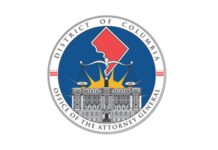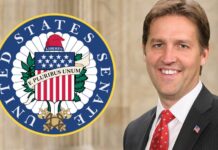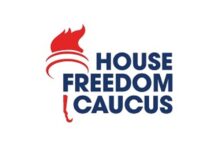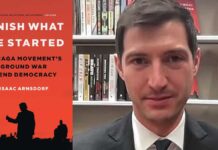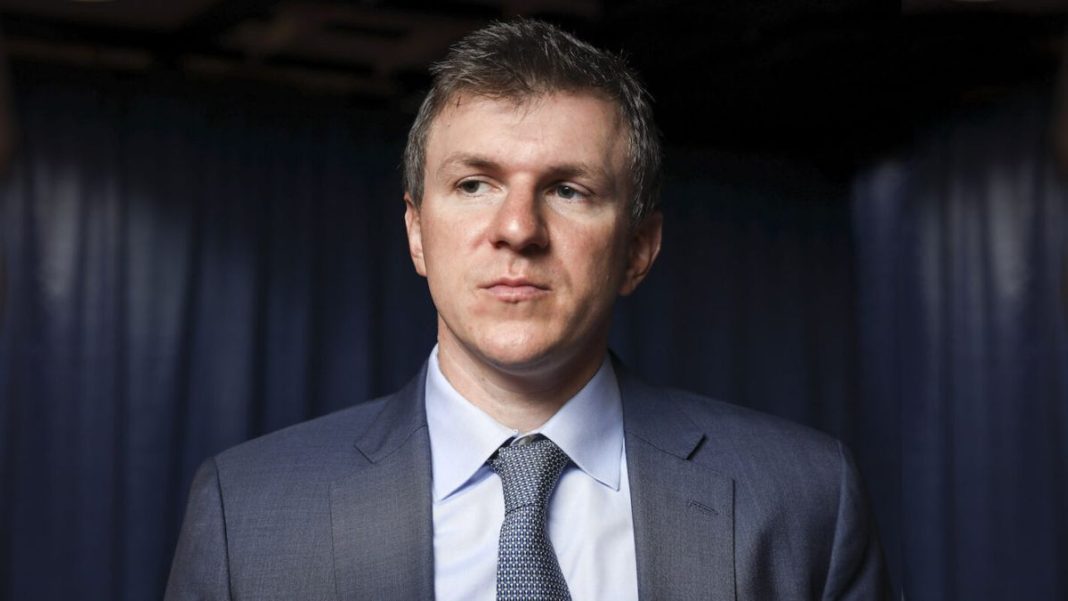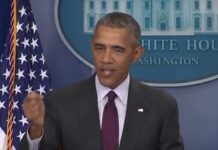An Oregon law that forbids recording in public without consent runs afoul of the U.S. Constitution’s First Amendment, a U.S. court has ruled.
Oregon law 165.540, first enacted in 1955 and subsequently broadened to bar secret recording of conversations, is unconstitutional, Judge Sandra Ikuta, a George W. Bush appointee writing for the majority in the 2–1 ruling, said.
Exceptions to the prohibition include recording at public meetings, such as city council hearings; while a felony that endangers human life is being committed; and by law enforcement officers while performing their jobs.
The law is content-based because certain groups, such as the law enforcement officers, are treated different than others, Ms. Ikuta said. That means it has to be narrowly tailored for a compelling governmental interest, or survive a test known as strict scrutiny.
Oregon does not have a compelling interest in protecting people’s privacy in public places, the majority ruled. Even if it did, the law is not tailored enough because Oregon has other laws that cover privacy concerns, such as a law allowing tort lawsuits by people who are recorded without consent.
The law “burdens more protected speech than is necessary to achieve its stated interest,” the judge wrote.
The judge also said that the law regulates speech to protect people’s privacy but that many people in public places don’t seek privacy. Instead of acknowledging that point, the law treats all speech in public the same.
When people talk in public places, the privacy of other individuals is only implicated if the speech is unwanted but the law does not incorporate that point, the majority said. They used the example of protesters who may want their conversations recorded in the hopes it will lead to publicity for their cause.
Ms. Ikuta was joined by Circuit Judge Carlos Bea, another George W. Bush appointee.
Judge Morgan Christen, an Obama appointee, wrote in a dissent that the law should be upheld because Oregon “has a significant interest in preventing the secret recording of private conversations even when those conversations occur in public or semi-public locations.”




